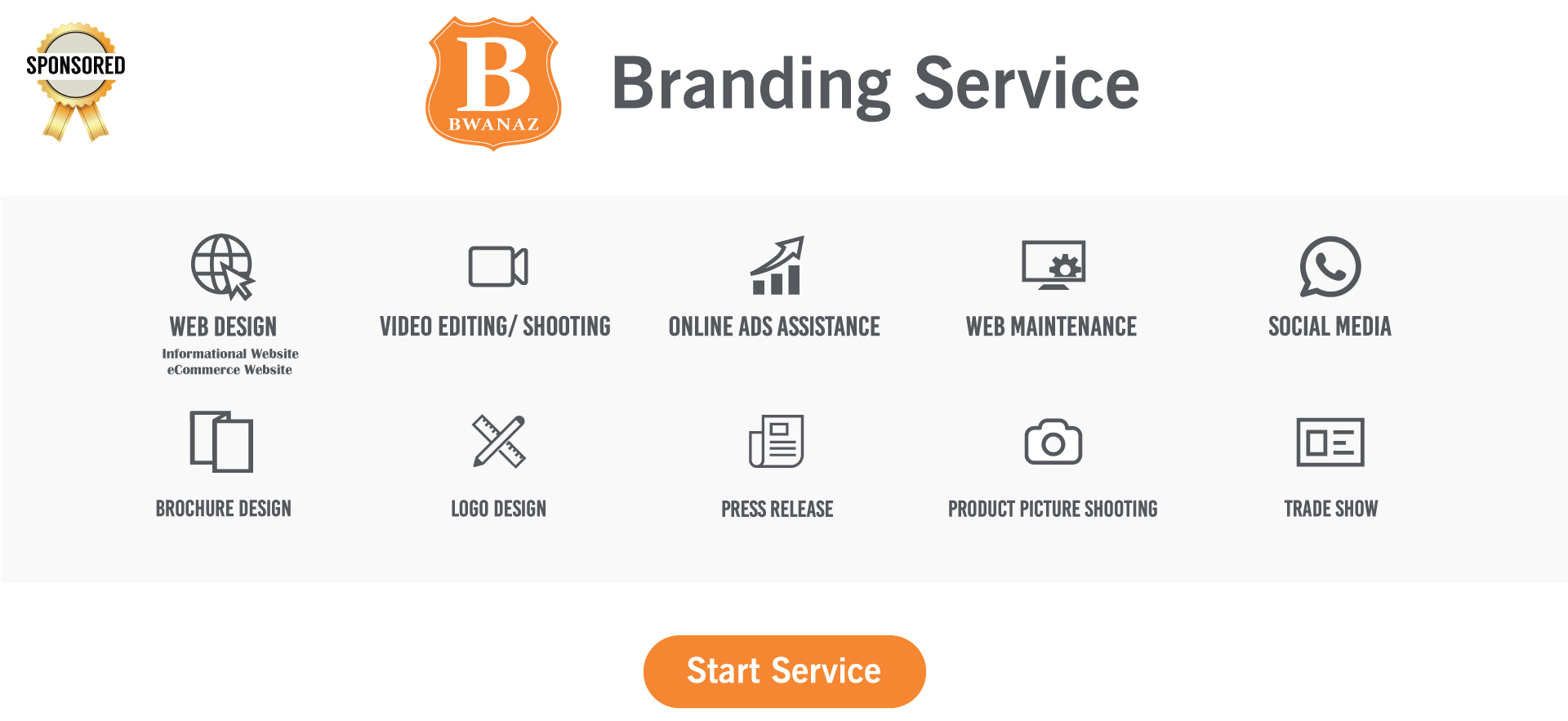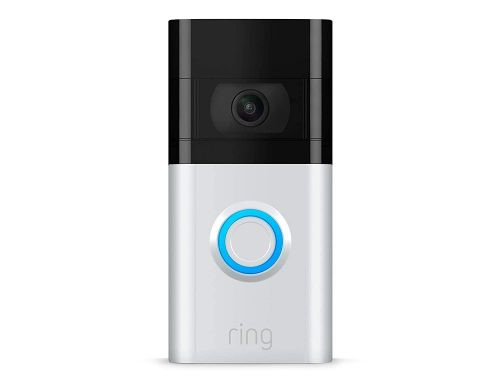So, what does selling wholesale mean?
Well, at the core of it, selling wholesale means that you’re selling to retailers instead of individuals. Exchanges won’t be done with single customers, but rather far larger companies and corporations looking to stock their shelves with quality products. This doesn’t sound like that huge of a deviation from being a retailer at first. After all, you’re still delivering goods to a buyer in exchange for money.

How big of a difference could it possibly make?
Answer: a lot.
Not understanding what these distinctions are and what they mean for you and your wholesale business can have serious consequences. So, why don’t we go over some of the larger divergences to help get you started?
Bigger is Better!
when selling to individual customers, their orders tend to be limited in scope. Sure, on occasion they might purchase significantly more than the norm, but those are outliers.
But even those larger orders are insignificant compared to wholesale orders.
When a business buys, they need to stock their shelves with enough goods to satisfy their customers, which means they’re buying in bulk. This is beneficial because a single wholesale order earns a magnitude greater profit margin than any individual customer’s order.
However, while that huge margin is good for you, that also means that you need a rather sizeable stock to fulfill your client’s needs. Sometimes they might make an order that numbers in the hundreds or maybe even thousands, which means you need to be able to fulfill those orders in a timely manner.
You don’t want to make commitments that you can’t keep.
They Just Keep on Coming…
Anyone who’s worked in retail will tell you that asking the number of customers that come in to be consistent is like asking the ocean to be dry; it just doesn’t happen.
Businesses aren’t like that.
They tend to be fairly more consistent about their purchasing habits. They need to keep their shelves stocked pretty much 100% of the time, which is why they buy in bulk, but even orders that large run out eventually. If they find that their customers are buying your products, they’re going to be coming back to you for more. They know better than to let quality products to slip through their fingers.
This does mean that it’s a lot more important to get your brand name out to these businesses so that they’ll take a chance with purchasing your products. You need to make the effort to present yourself to them because unlike owning a store, it’s very unlikely that they’re just going to stumble onto you and take a chance with your products.

Obviously, there are more differences, a lot more, but these serve as two very basic divergences in methods that you need to think about when getting into the wholesale industry. We recommend that if you plan on entering this business to do some thorough research beforehand.
N*l
- Don’t forget to market to the consumers too, retailers will only buy your products if their customers are buying them off their shelves.
- Figure out who you’re going to be selling to, different stores are going to be interested in different products.
- Know how taxes are going to affect your business by selling wholesale.
- Don’t get left behind with trends, you need to stay on top of things and remain relevant.
- Always follow up on emails! Don’t let potential clients slip through your fingers.








